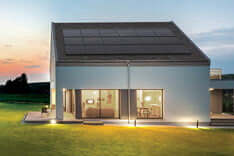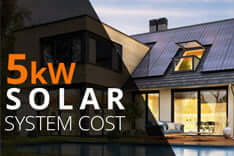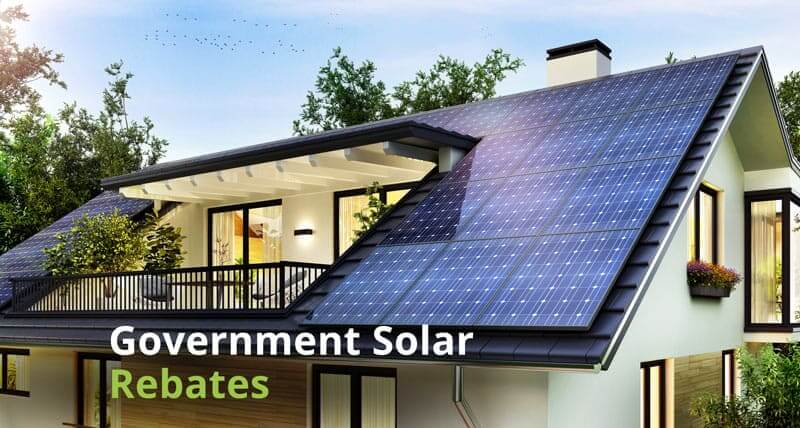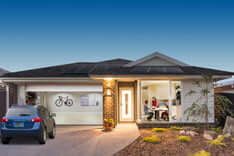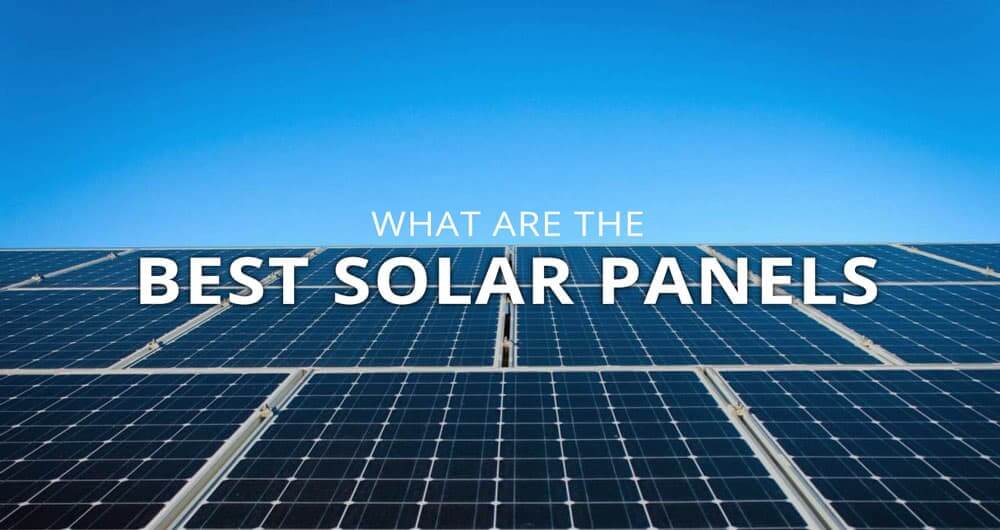Solar panels, lacking any moving parts, are not suitable for producing electricity on an industrial scale.
Solar panels do not produce any noise sound. They are designed to be a safe and noise-free form of energy production. If you’ve noticed some noise from your solar panels, it’s most like caused by wind or poorly fixed rails connecting them to your roof.
Inverters can also sometimes be a culprit, but we can show you some quick fixes.
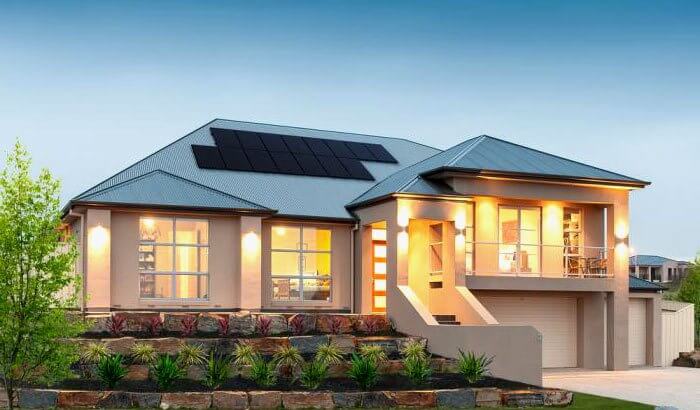
Table of Contents
Toggle3 Ways to fix noisy solar panels
To understand why and how noise comes about on a solar installation, you first must know how the panel is installed.
Installers attach the solar panels to the racking and place it a few inches above the roof. (This may not apply to households with solar shingles or tiles). They then install the inverter power kits and fix the cables running through the roof into your house.
Poorly secured racking
If your installer didn’t do a good job screwing the racking to the rafter during the installation, it could be a reason for the noise. If the racking is loose, you might experience a lot of rattling and metal sounds during windy days as the racking shakes and gets blown.
To fix this, get back to your installer and ask them to tighten the racking on the rafter.
Wind noise
Besides creating noises while it passes through the airways formed by the modules, wind can also pull and grab your roof if the panels penetrate through the roof. With good installation, this is no reason to worry. However, check on it from time to time to ensure it doesn’t interfere with the integrity of your roof.
Consider installing rubber pads between the roof and the panels to fix this. Doing this will cut down the noise and also preserve your roof. Additionally, ask your installer about other common wind noises, so you’re better equipped to deal with them.
Loose cabling
With panels on the roof, you’ll also have several cables running around the roof. If these cables are loosely pinned, they could become really irritating during windy days. Ensure that your installer clips them firmly to avoid these noises.
Do solar panels make any noise at night?
As earlier mentioned, solar panels generally don’t make noise, especially at night. With no electricity conversion happening, solar panels shouldn’t even produce the ‘hum’ noise.
Usually, the noise you hear comes from the wind as it passes through the airways created between the roof and the panels. This may be a problem due to poor installation or the shape of your roof.
Nonetheless, the noise shouldn’t be loud enough to wake your neighbors.
Do solar inverters make noise?
In most cases, yes. For solar panels to convert the sun’s energy to electricity, it needs to use an inverter. The inverter converts the direct power (DC) from the panels into alternating current (AC), which is usable in your home.
During this process, a whisper-loud humming sound is produced, which may be the noise you hear. However, this hum can only be heard during the day, when the panels are working.
Different inverters produce varying noise intensities – though none is too loud. So before choosing one, be sure to ask your retailer the maximum decibel level of your inverter. The smaller an inverter is, the lower its noise decibel levels should be.
If you already have the inverter and it’s bothering you, consider moving it a bit farther from your living or bedroom windows. Instead, place it near your garage or any other room you don’t use.
Inverter fans Vs. Heat sinks
If your inverter uses fans to cool the system, then that’s probably the reason for the noise. Just like on any other machine, the fans get louder the faster they run. With no heat, the fan is quiet.
While this shouldn’t be a big concern, you can always opt for inverters that use heatsink designs instead of fans.
Are solar panels noisy in the rain?
No. Since the panels aren’t directly attached to the roof, they don’t produce any noise as the raindrops hit it. Hails may produce some noise, but that’s normal for anything you place on the roof. If you think your panels sound noisier than usual during rains, contact your installer immediately.
How can you tell if your solar panels are working properly?
It’s normal to worry about the state of your solar panels, especially after you notice that it’s producing some noises. Here’s how you can tell if it’s working correctly.
Check your inverter
The inverter is the heart of your solar system. If anything goes wrong, high chances that it had something to do with it. First, check on the color displayed by the inverter box during the day when it’s working.
If the color on the inverter is green, then everything is fine. However, if the color turns red or orange, that’s an indicator that there’s a problem. Call your installer or look into the display for a possible error code.
Depending on whether you have a string inverter or a micro-inverter, you can also check the inverter production (in kWh) and ensure that it’s not too low.
Look out for shading
Shading is a common factor that affects the efficiency of your solar system. You, therefore, need to ensure that trees don’t shade your solar panels regularly. Moreover, dust accumulation on the panels may also reduce efficiency.
So, if there’s no rainfall, make a point to clean the panels at least once in a few months. However, bear in mind that your system may never be 100% efficient.
Examine your power bills
By going solar, you should expect a drastic drop in your power bills. Therefore, if your bills are still the same or higher, then there might be an issue with your panels. Get in touch with the manufacturer to find out the possible causes.
You should also examine your solar meter and monitor the production. Your solar production should be increasing in Kilowatts, not decreasing.
FAQ
Are solar panels bad for your roof?
No. Solar panels are totally safe on your roof if correctly installed. Find a good professional to mount the panels for you, and you’re good to go.
What is the life expectancy of a solar panel?
Approximately 25-30 years. Studies show that your panels can last even longer with good maintenance. However, the efficiency may start declining after a couple decades.
Table of Contents
Toggle
